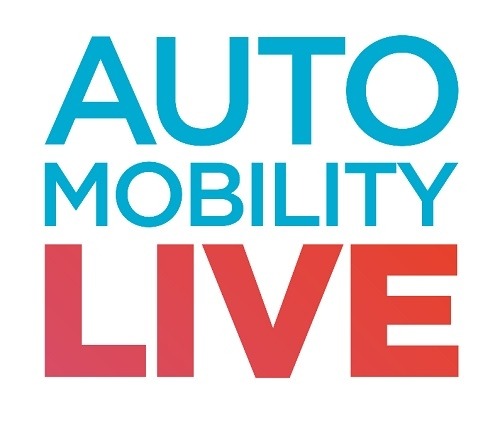Considerations for an uncertain future
06 May 2020


Sarah Walkley, chief research officer at Autovista Group, spoke to independent experts Alain Duez, international senior business advisor & partner of Fleetcompetence Group, and Jose Luis Criado-Pérez, founder of Jose Luis Criado, Mobility Consultants, to find out why disruption in the wake of the coronavirus (COVID-19) pandemic may not be a bad thing.
For companies with a fleet of vehicles, the costs involved often make up a large part of the overall cost base. They typically represent the third largest expenditure, after employment costs and real estate, accounting for anything up to one fifth of a company’s indirect costs.
Yet the coronavirus pandemic means that since the start of March, a large number of fleet cars have not been in use. Given the scale of fleet costs for the typical organisation, there has been pressure on those responsible for overseeing the company fleet to look for any form of cost savings.
But before acting, companies should take some of the time that they have been afforded by the unexpected interruption in business to review the current shape of their fleet and their fleet policy and determine whether it still fits their operations – both now and for the next five years.
Think ahead

While it is tempting to consider returning vehicles to the leasing company, it may prove expensive, and rather short-sighted. While manufacturers are confident they can get production back up to speed as restrictions put in place to stem the COVID-19 outbreak start to lift, supply-chain issues and staggered shift patterns will likely lead to delays in vehicle deliveries. This will leave anyone wanting to lease new vehicles later in the year with lengthy waits – a challenge if they have previously returned a large part of their fleet.
Extending leasing contracts or recalculating the contract mileage to allow for the fact that vehicles will be used far less than expected over the coming months are also options available to fleet managers. These will both help to control fleet costs but, according to fleet experts Jose Luis Criado-Pérez and Alain Duez, there are other, more creative options available.
Distance travelled
Now is the ideal time for businesses to take a step back and review whether the policies they have put in place are still relevant Duez comments. Fleet managers tend to adopt standard age and mileage scenarios, such as three years and 60,000km, but do these reflect actual usage? Annual distances of 80,000km are not unusual for many salespeople.
The additional cost of the extra 20,000km payable at the end of the year might be far greater than the uplift in contract value if the correct age-mileage scenario were selected in advance. This is intelligence that you can use when negotiating future contracts.
Mobility future

How different does the future look for leasing firms in a post-coronavirus world? Both Duez and Criado-Pérez agree the move towards shared mobility and electrification of their fleets will continue despite the current crisis. How that change plays out will not be as we had previously expected, but that could bring new opportunities. However, it is advisable for leasing firms not to launch any new plans until the right time.
The concept of shared mobility is not currently as appealing as it has been, and it is likely to stay that way until an effective COVID-19 vaccine is developed. However, the past few weeks have taught businesses how to manage remote and flexible working, with many perhaps looking at making it standard practice in the future.
Such a move will give a shot in the arm to shared mobility, as providing employees who often work from home with their own vehicle feels like an unnecessary expense. Indeed, Duez quoted recent research that revealed that one quarter of fleet managers were already looking more seriously at shared mobility and providing mobility budgets for their staff.
You can read or download the full thought-leadership insight piece here. In it, Duez and Criado-Pérez explore further ways that fleet managers can look to make their business more effective in a post-coronavirus world.